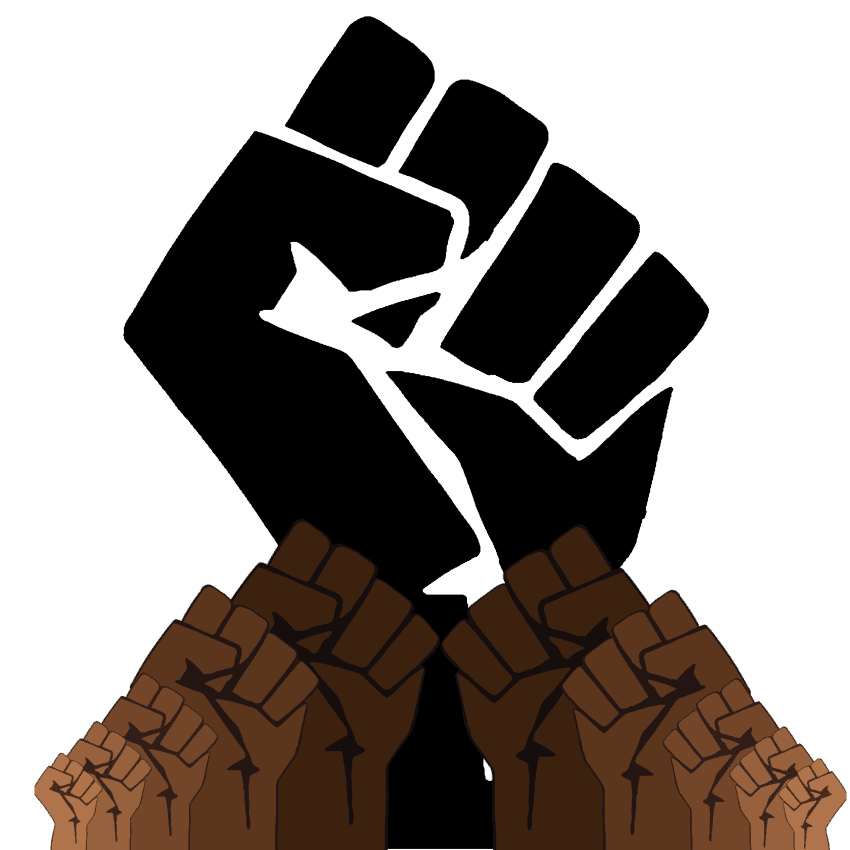
When it comes to racism and discrimination, people of colour — also known as POC — have quite a bit in common.
Though the term has been used as far back as 1796, when it was used to describe light-skinned mixed people, the term began gaining popularity again in the 1970s and was used to describe anyone who wasn’t white. Folks thought it sounded better than just saying non-white people.
Because people of colour have experienced, and continue to experience, many of the same issues, the idea of solidarity arose. Why not band together and present a united front against their common issues?
POC solidarity refers to unity and agreement held among people of colour in which we all come together and fight against common issues. This usually involves incidences of racism and discrimination.
Though this sounds all well and good, and has definitely been practised successfully in the past, there are some inherent issues that arise due to pre-existing power structures.
POC solidarity is hard to claim when many races barely have solidarity within their own groups. Colourism is a key factor for the divide among coloured people. A dark-skinned brown person and a light-skinned brown person do not experience racism in the same way.
How can we fight for common goals alongside people of other races when we can barely accept people of our own race?
As a light-skinned brown person — Aqsa here, hi — I am noticeably not white, but I do have the privilege of having very light skin. Within the South Asian community, lighter skin is an aspiration while darker brown skin is looked down upon.
This extends outside our own race and onto other POC. Many brown people are anti-black and racist towards darker-skinned, black and Indigenous peoples. The origin of this issue can be traced back to a belief in a racial hierarchy.
This hierarchy organizes certain racial groups as superior or inferior to others. White people are at the top and black people are at the bottom, so there is a scramble among POC to get closer to the top of the hierarchy — even if it means that you’re climbing on the backs of other racial groups.
Black people usually end up at the bottom of the list, and this has caused anti-black sentiments to grow among other ethnic groups. As a black woman in Canada — Tomi talking now — I have experienced racism at the hands of white people while also being discriminated against by other minorities.
Colourism and racial hierarchy play a huge role in the struggle for POC solidarity. Colourism predates colonization and is seen in South Asia with structures like the caste system, which divides people by skin colour.
However, POC were pitted against each other as the white race colonized their land, increasing the divide between them.
While black, brown and people anywhere in between face racism in North America, different groups experience it in different ways. Coloured people have always been in North America — prior to colonization, Indigenous peoples inhabited this land — yet Indigenous groups are the subject of racism, not only from white settlers but from peoples of all colours.
The crux of the issue is that the term POC gets its meaning from what it’s not, as opposed to what it is. It covers a widely diverse and varied group of people who all happen to have experienced racism at the hands of white people, but it also lumps together groups of people who come with vastly different belief systems and walks of life.
While POC solidarity is a tall order to ask of people who constantly experience discrimination and are pitted against each other, it is not impossible. Every POC group has different, nuanced needs and issues specific to their communities, and we can’t help each other if we don’t listen to each other.
Listen to the voices of other coloured people, work on your own internalized prejudices and actively try to be better to the people around you. That is the start of the road to real POC solidarity that works.
This op-ed was written by University of Saskatchewan undergraduate students and reflects the views and opinions of the writer. If you would like to write a rebuttal, please email opinions@thesheaf.com.
—
Tomilola Ojo/ Culture Editor
Aqsa Hussain/ Layout Manager
Graphic: Shawna Langer/ Graphics Editor
Leave a Reply